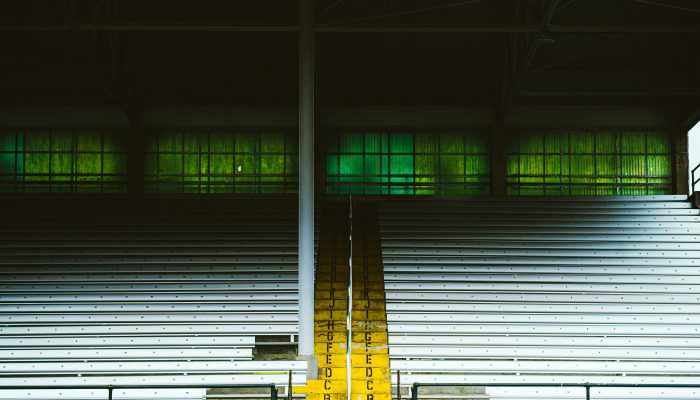The computer screen showed hundreds of dots on a map, each one indicating a sports betting app in use. One cluster of dots caught the investigator’s eye. He zoomed in and saw it was the athletic facilities at the University of Iowa.
The cluster was “one of those where once you see it, you can’t unsee it,” a source with knowledge of the map told ESPN.
The legal betting age in Iowa is 21, NCAA athletes and athletic staff aren’t allowed to gamble on NCAA-sanctioned sports, and only athletes and athletic staff had access to the facility. A high volume of activity there could be “indicative of some form of potential fraud, ID theft or something,” the source said.
In May 2023, Iowa law enforcement and prosecutors, noting data showing that sportsbooks rarely flag their own bettors, acted on what Brian Sanger, an agent of the Iowa Department of Criminal Investigations, saw on that screen. The result was the nation’s first major crackdown on college athletes and gambling since a 2018 Supreme Court decision paved the way for legalized sports betting. At least 35 athletes and team support staff from Iowa and Iowa State — including football, baseball and basketball players, as well as wrestlers, notably several from Iowa’s highly ranked team — were charged criminally and/or lost all or part of their NCAA eligibility based on the information last year.
Prosecutors secured guilty pleas in all of their misdemeanor cases, but the four cases involving felony charges were dismissed when the accused questioned whether Sanger legally used betting surveillance technology. (Another case was dismissed due to a technicality.) More than two dozen athletes then filed a federal lawsuit alleging law enforcement had violated their constitutional rights by using geofencing software “illegally, and without a warrant” to identify athletes who were betting on DraftKings and FanDuel.
Sanger declined ESPN’s request for comment.
As the legal fallout continues, the Iowa case is poised to have national ramifications for how — and whether — law enforcement will be able to monitor and police illegal sports betting by athletes and how the NCAA may enforce its rules on gambling.
“It is literally an unregulated, almost completely unregulated, $2.5 billion industry,” one law enforcement source said.
“There is nothing ensuring compliance except for the sportsbooks’ pinky promise,” another added. “There’s no teeth.”
You can read the full article at ESPN.

